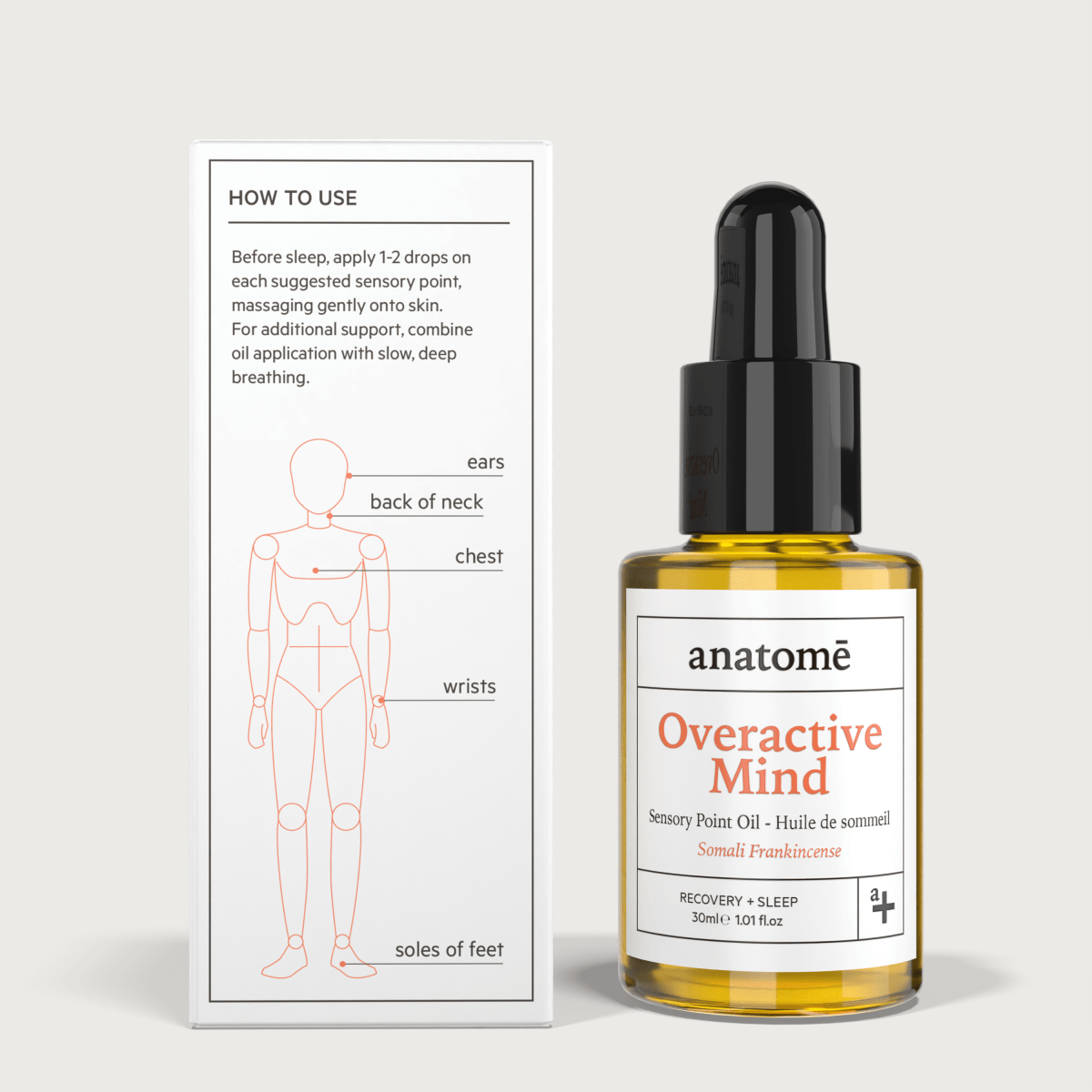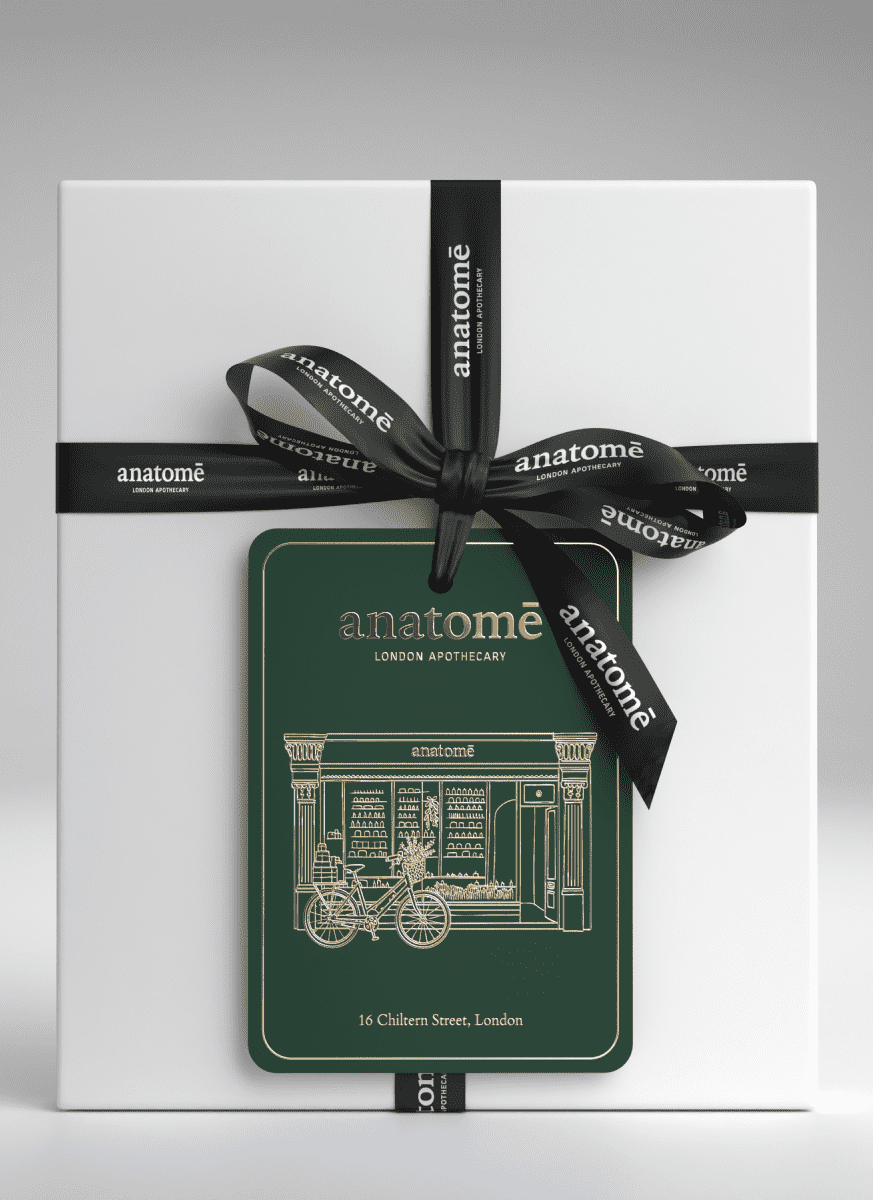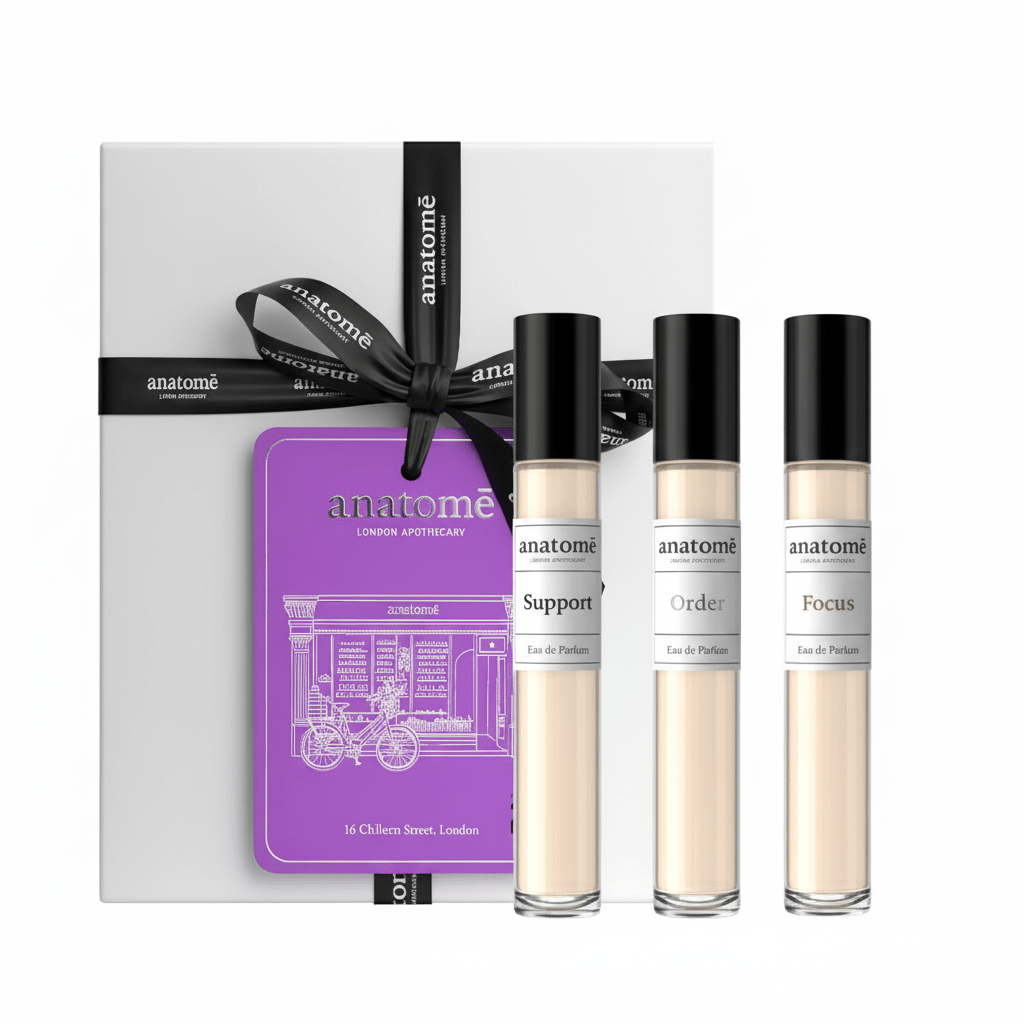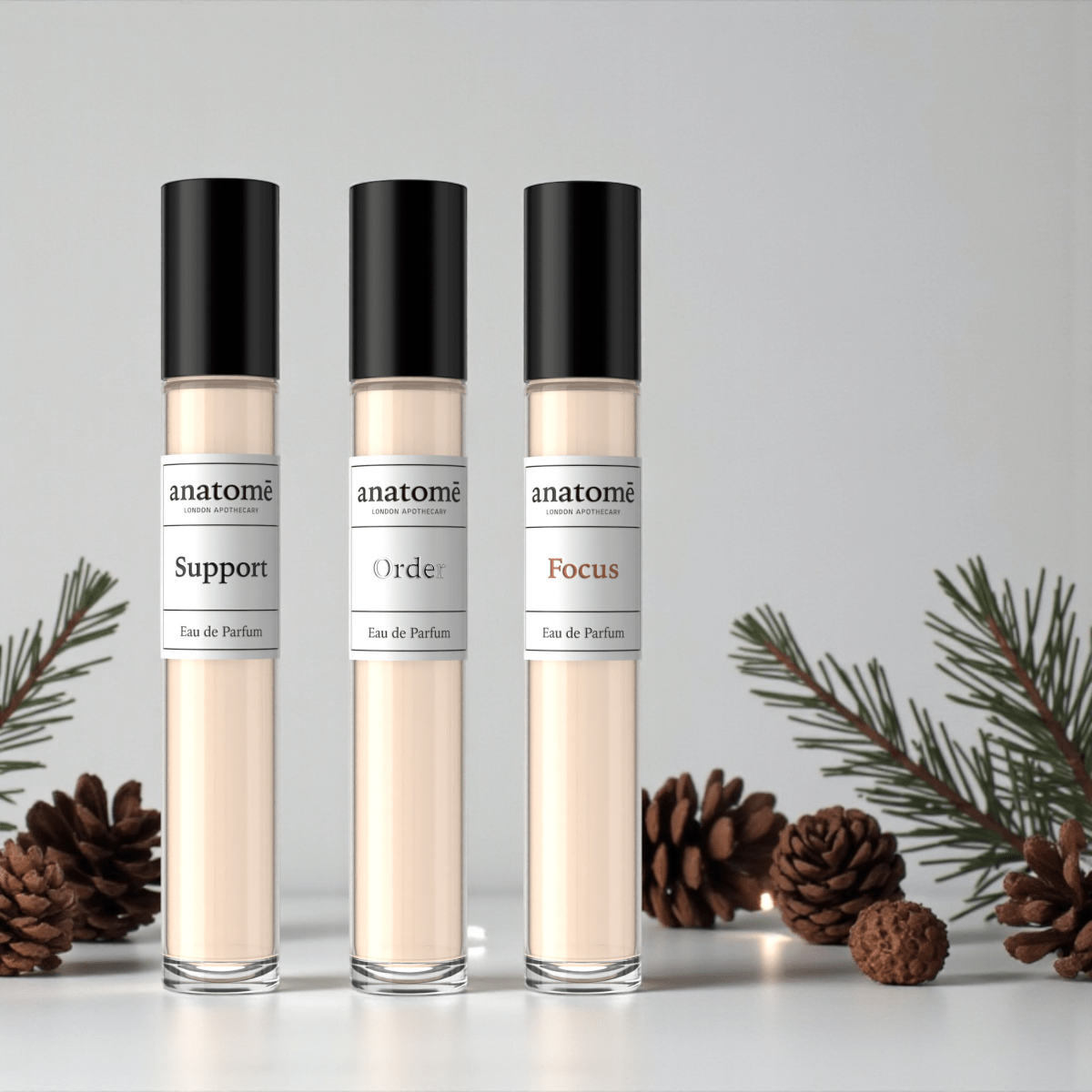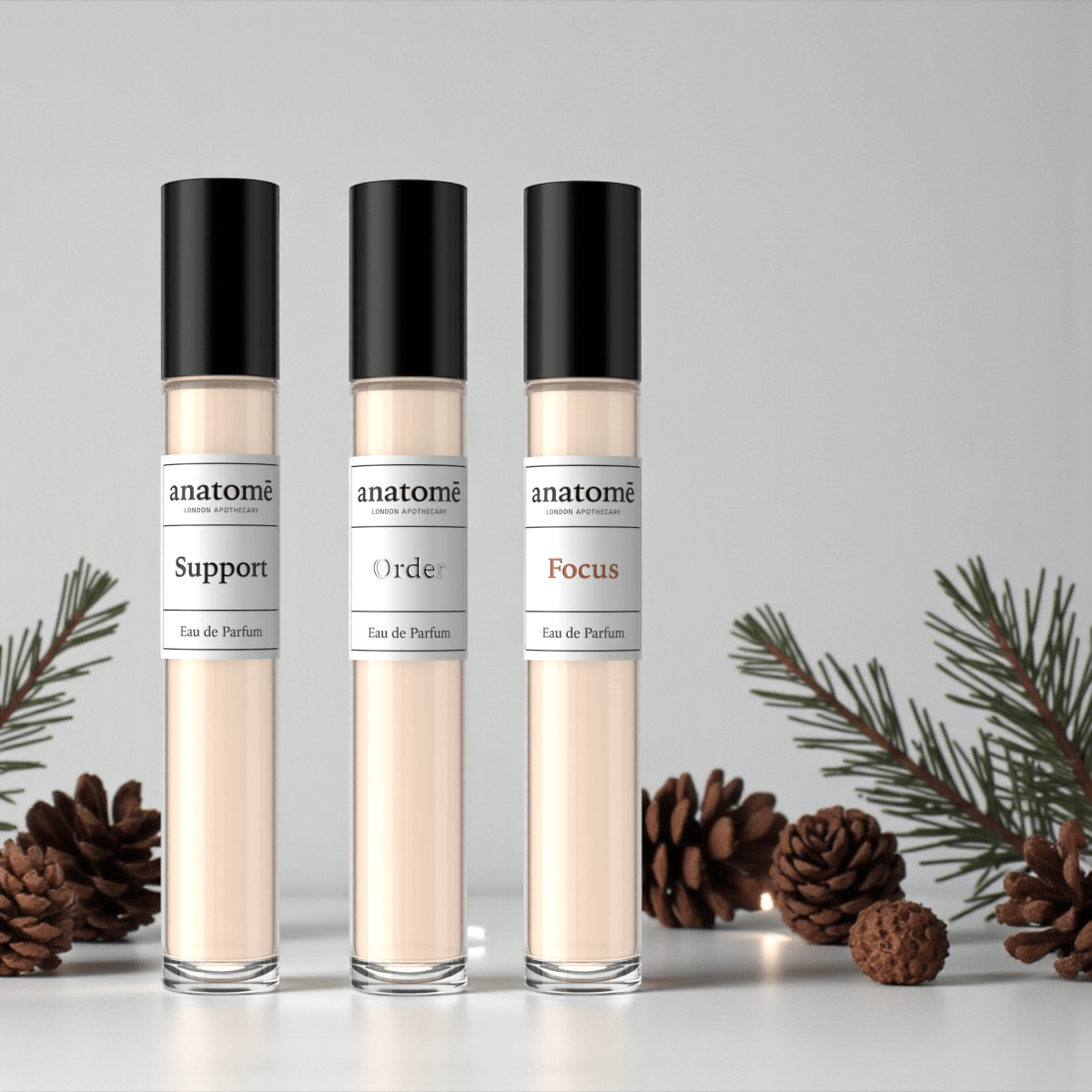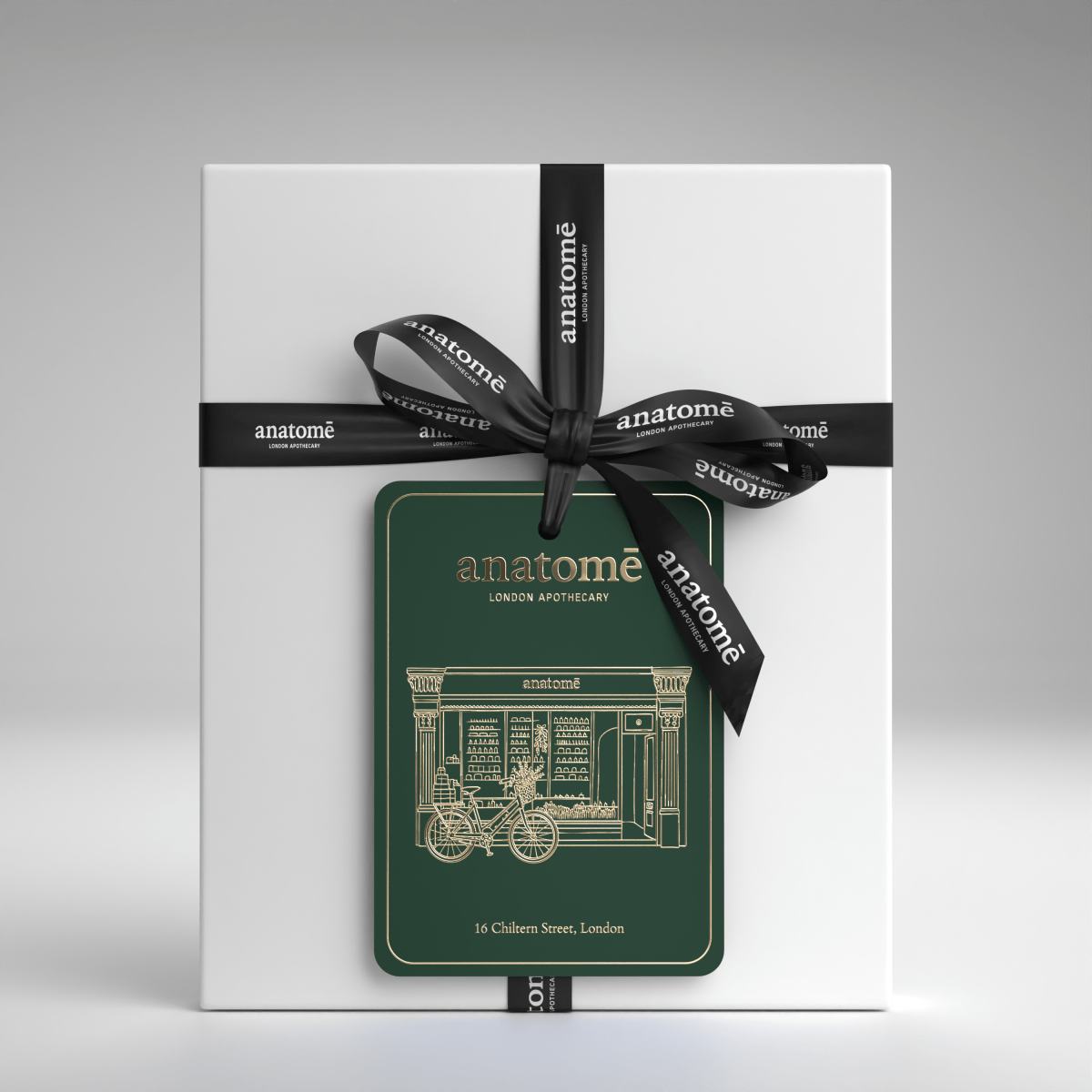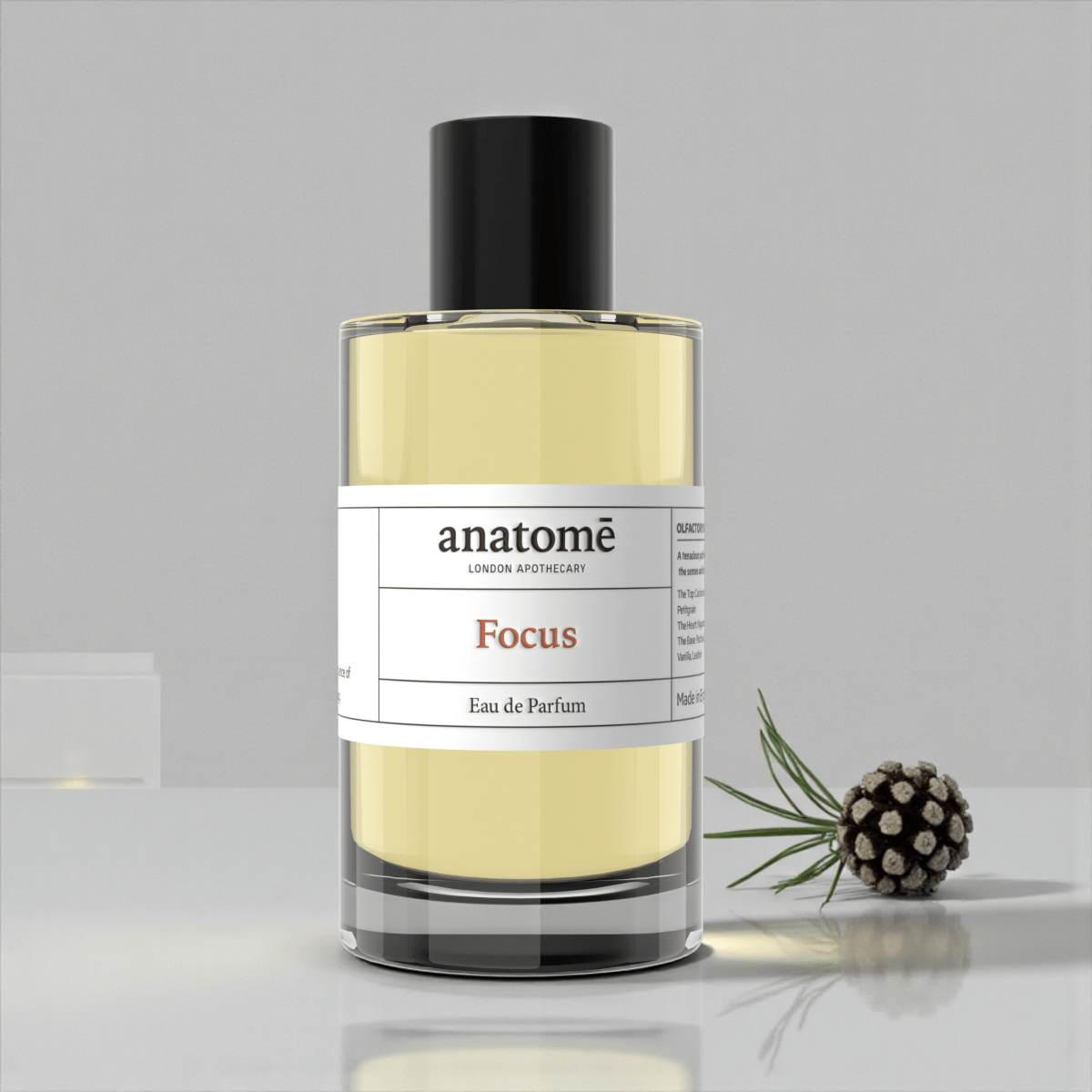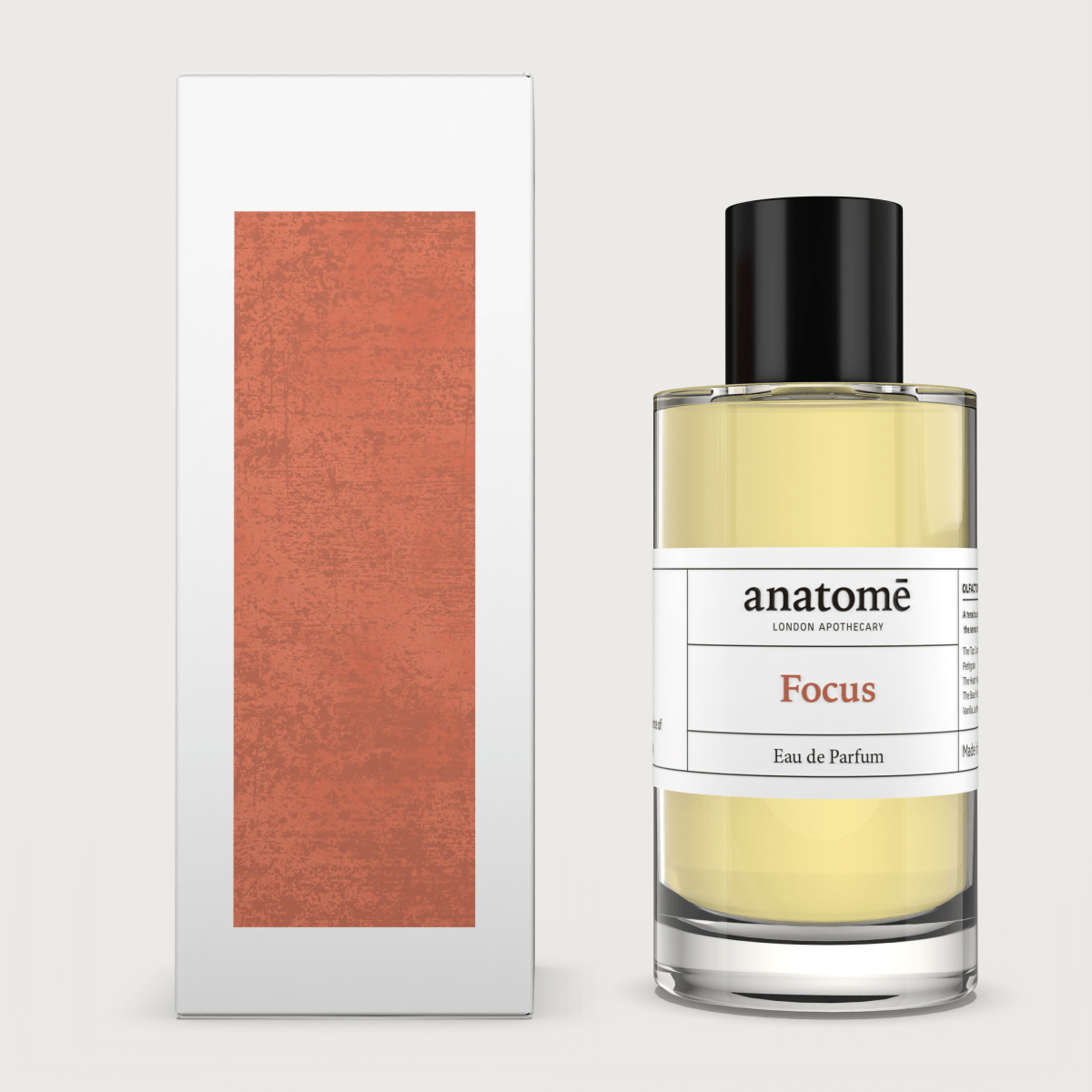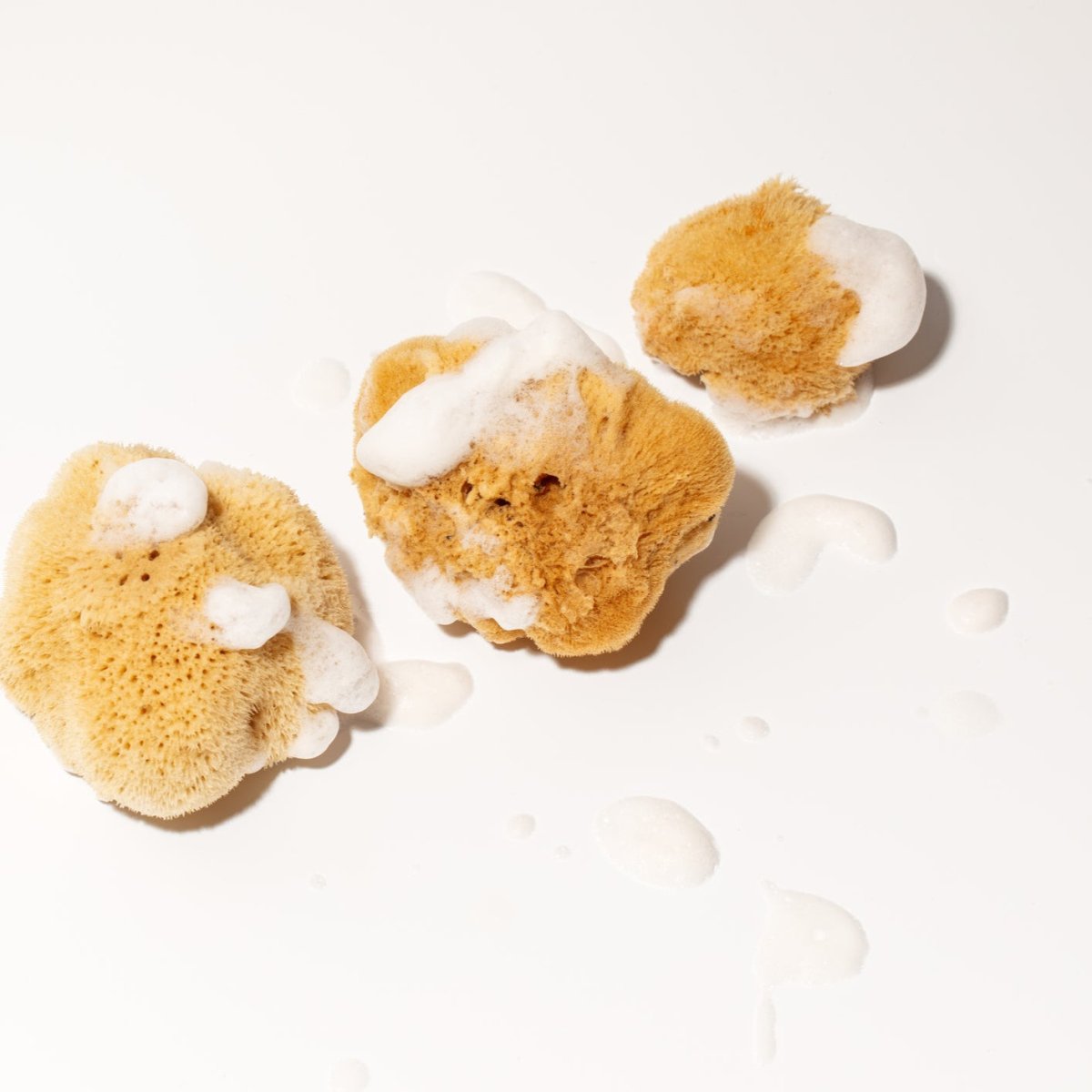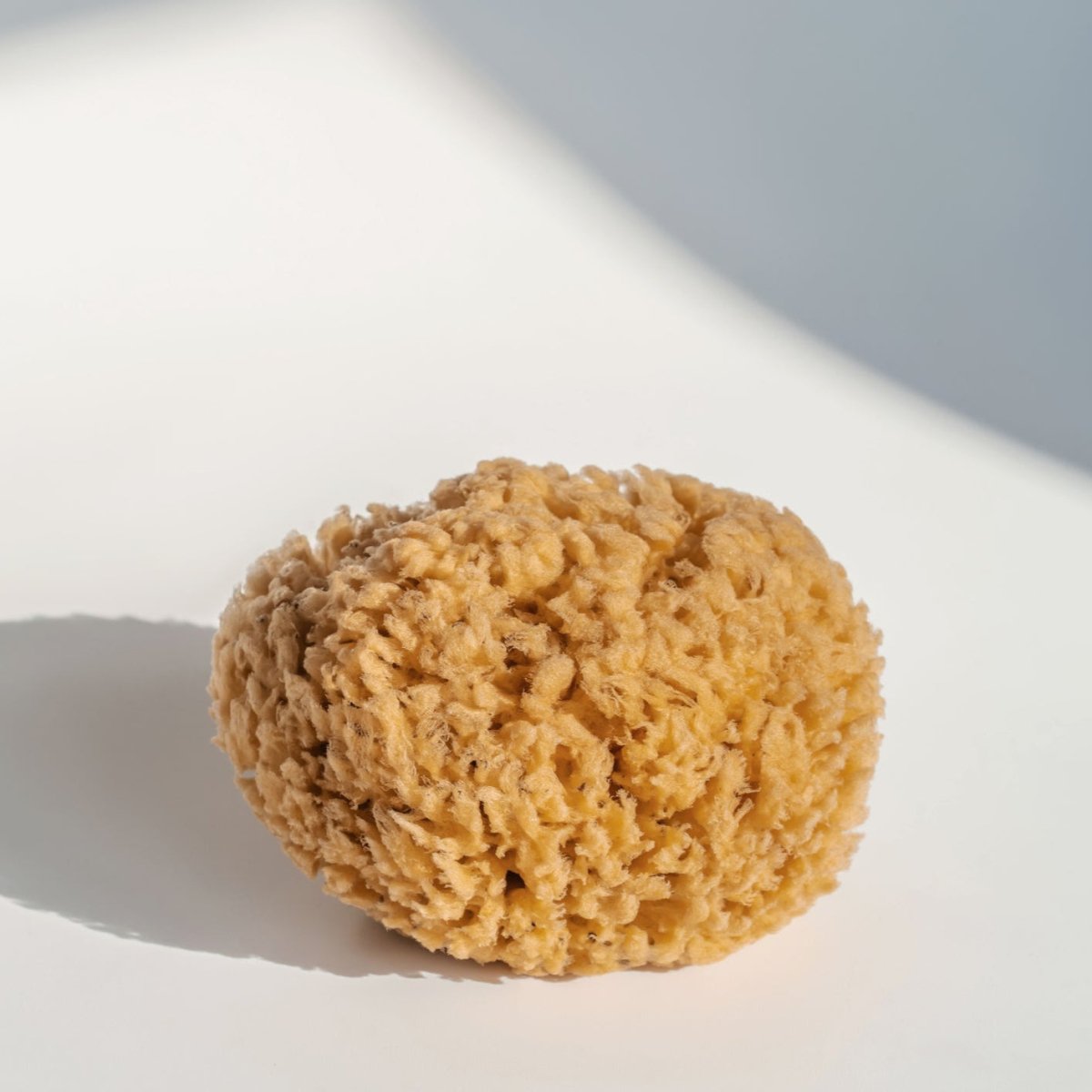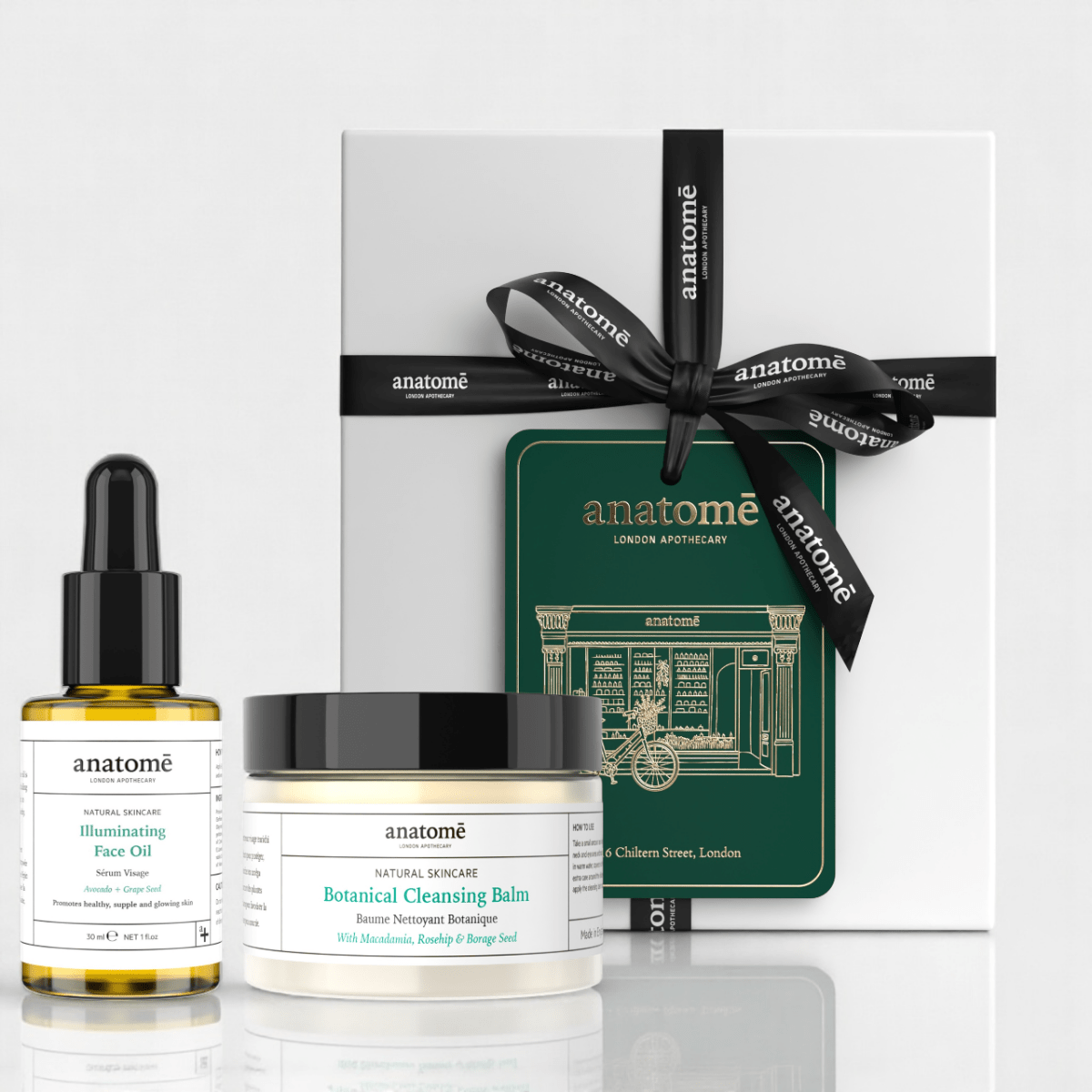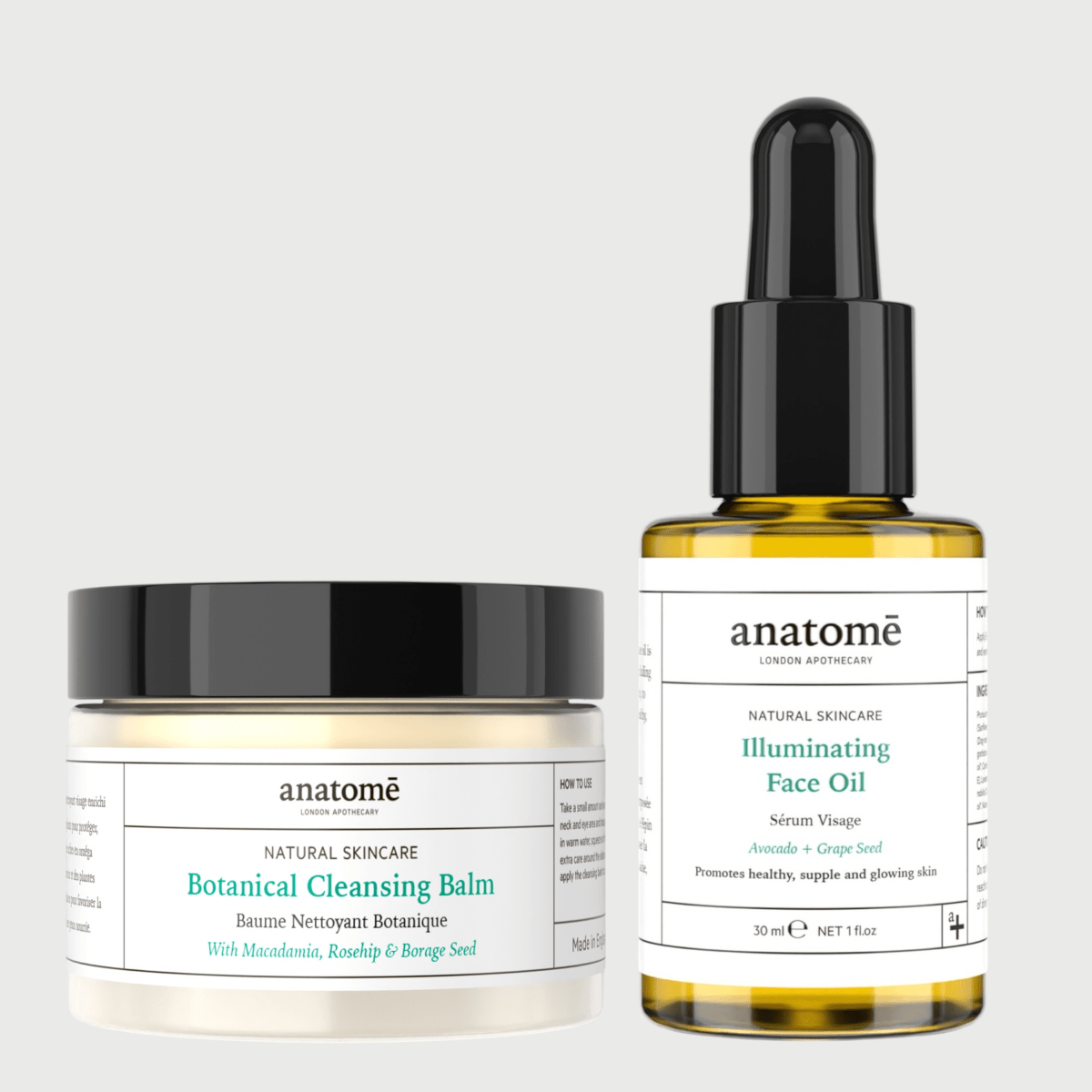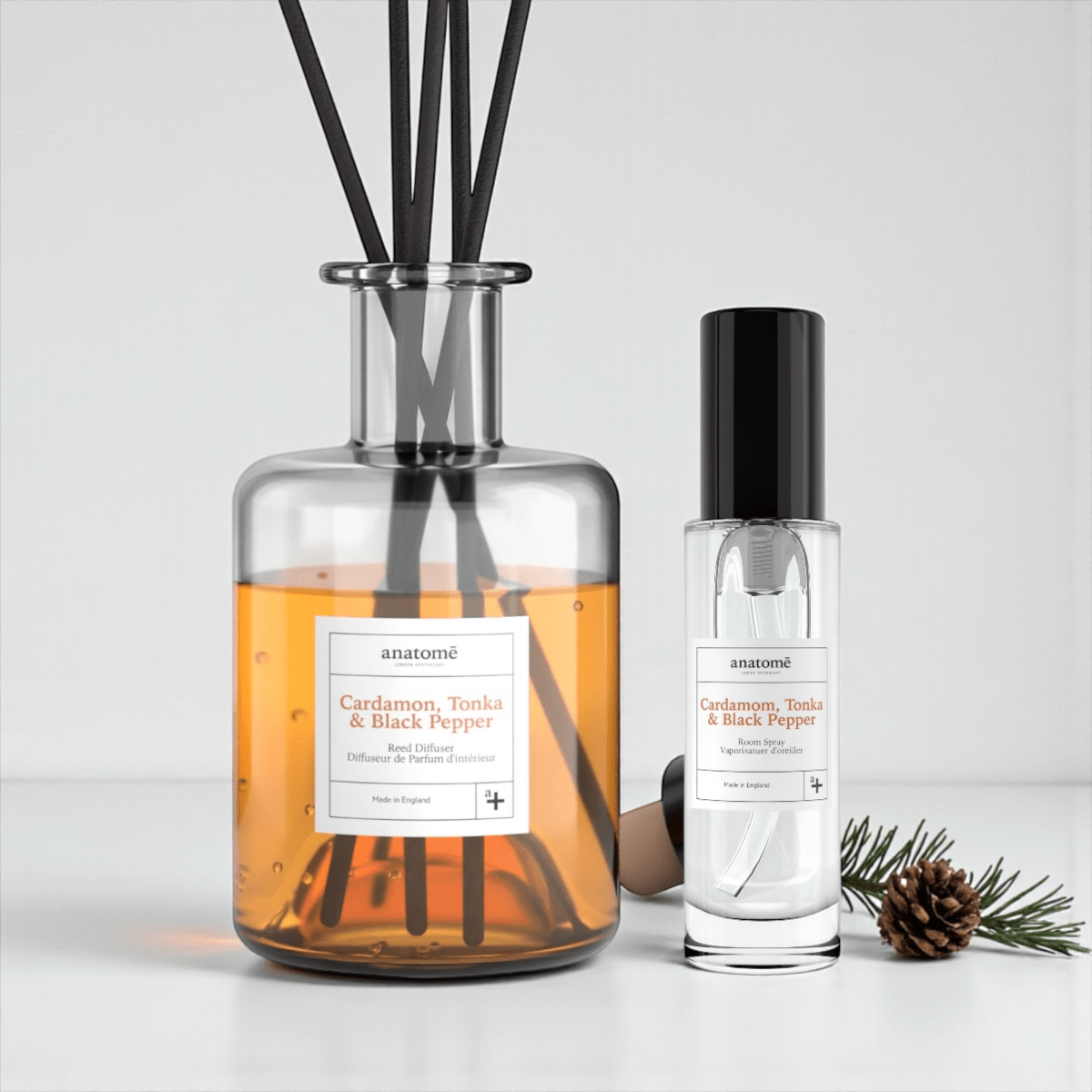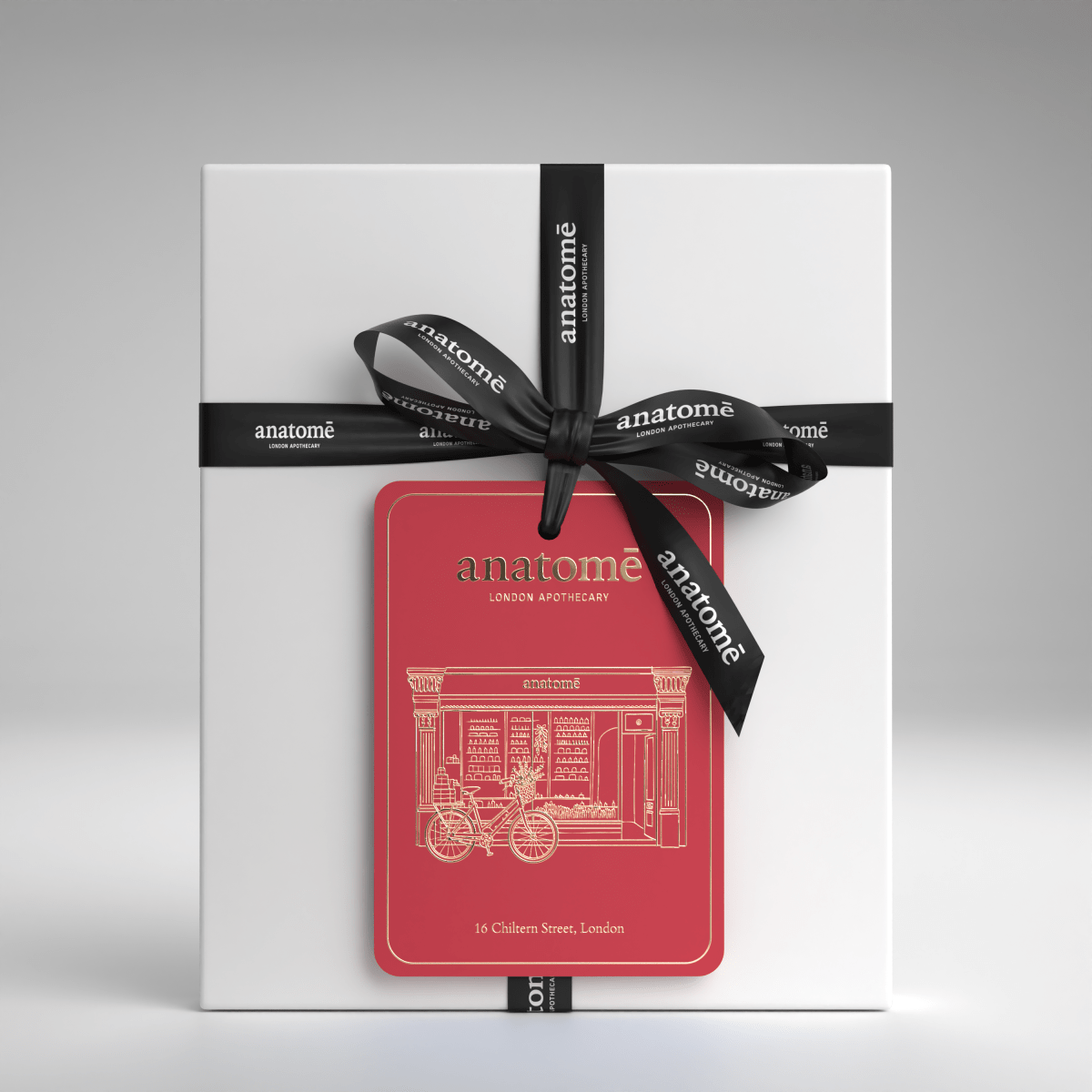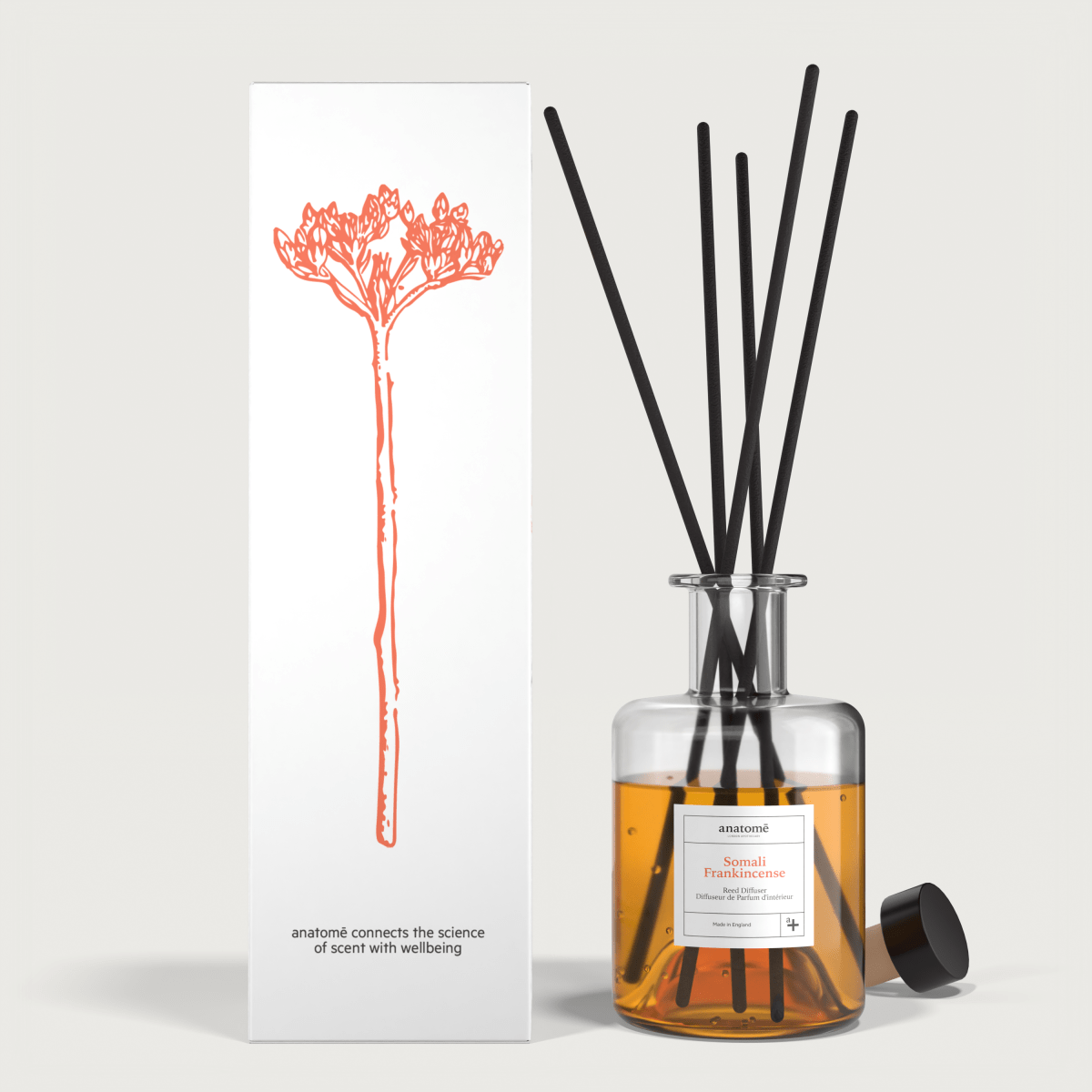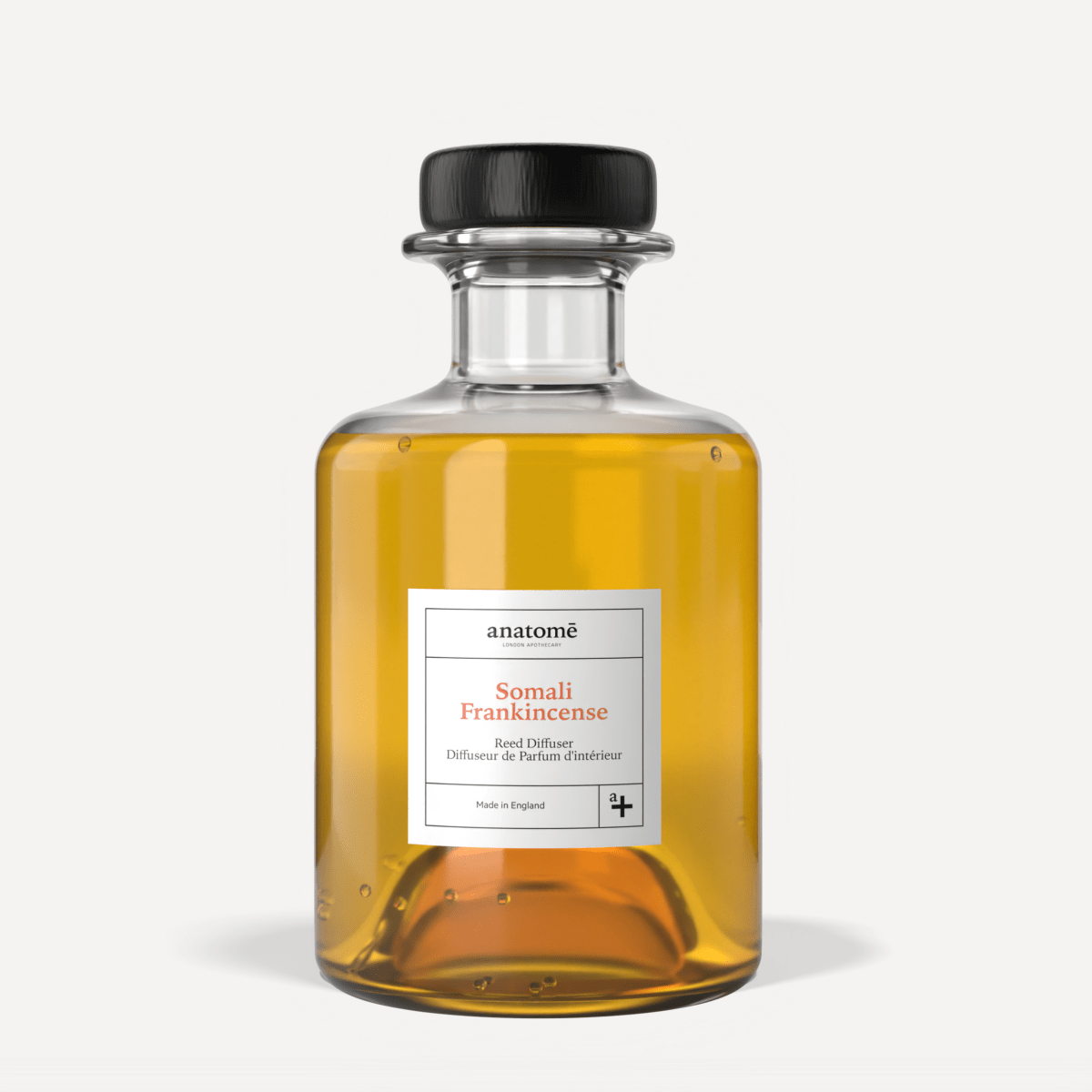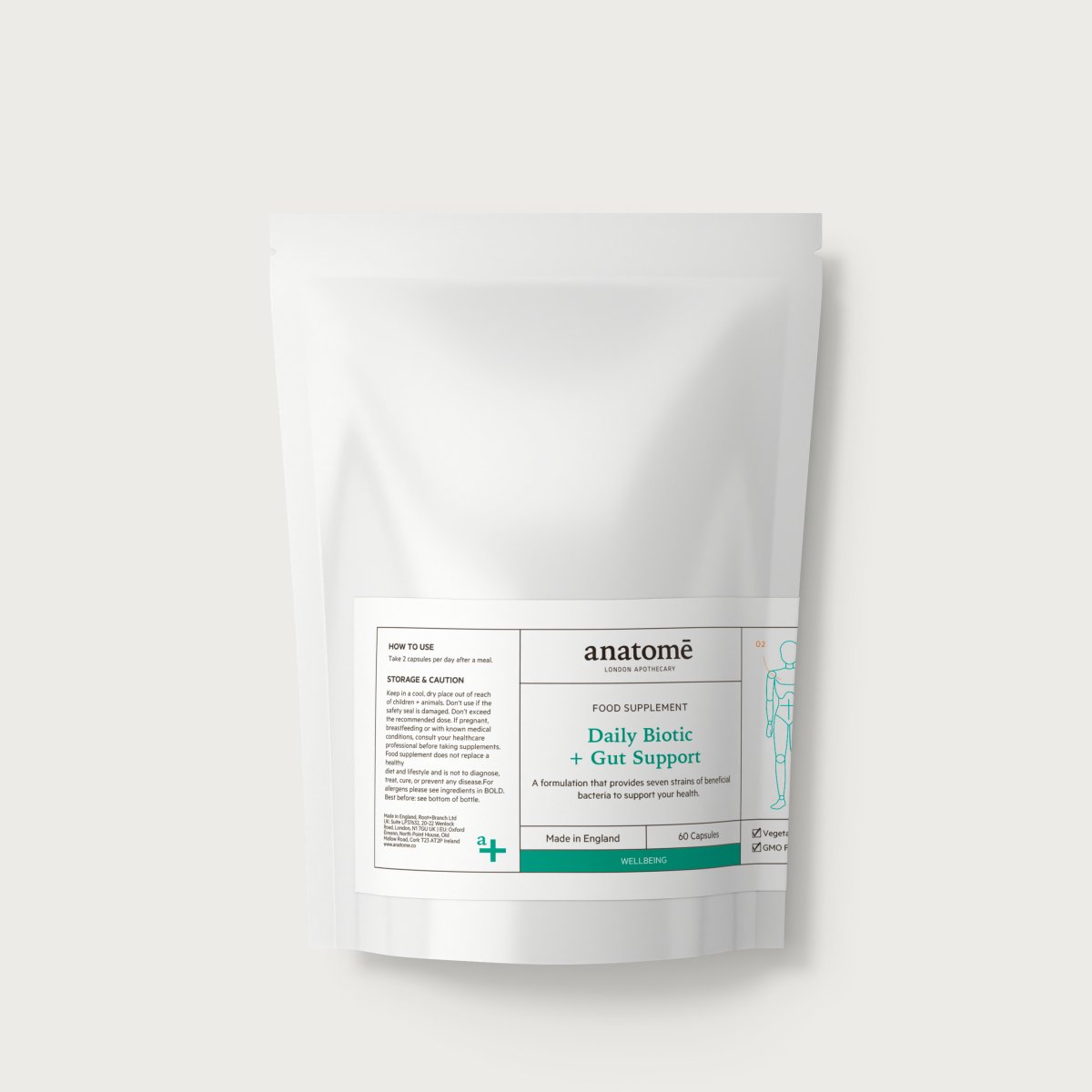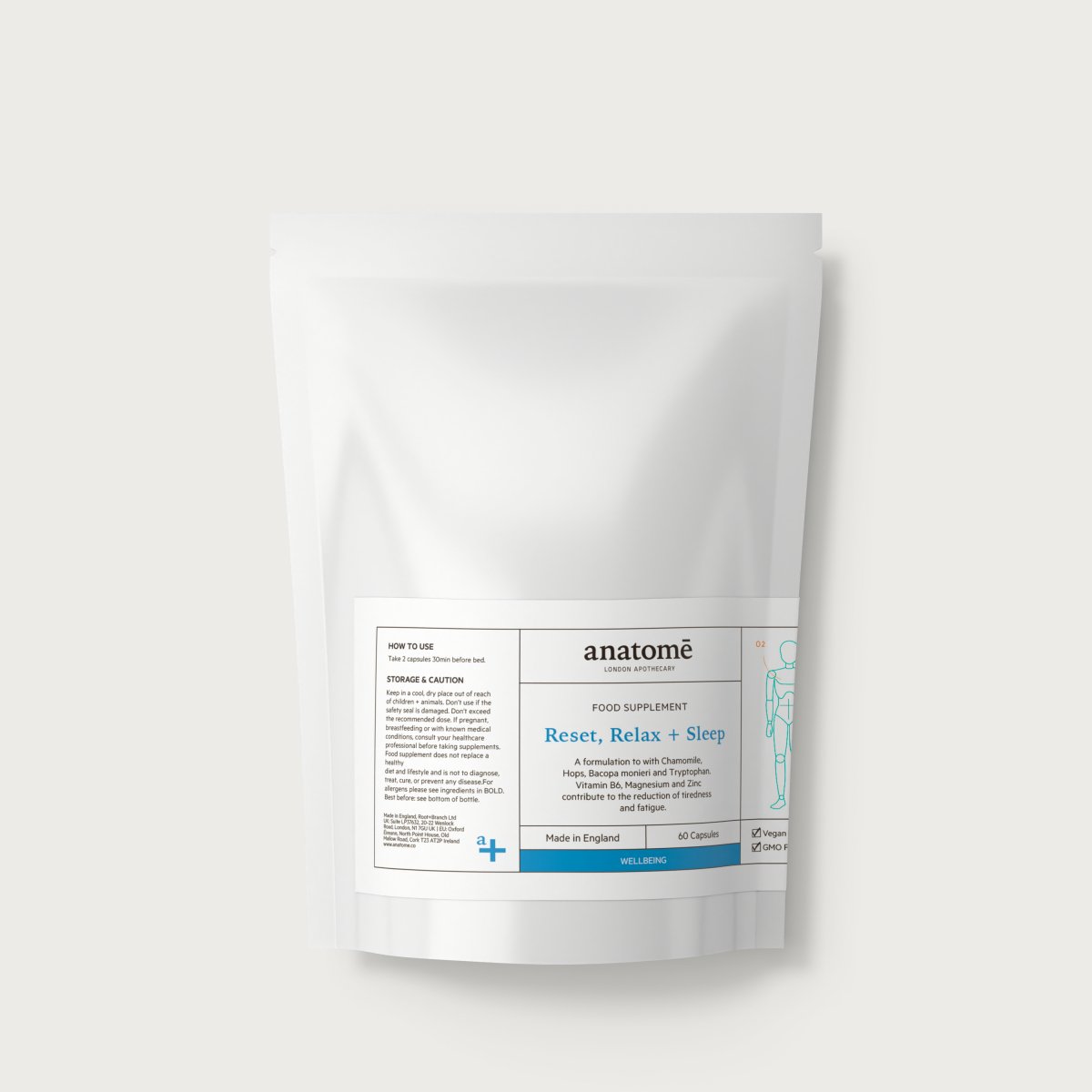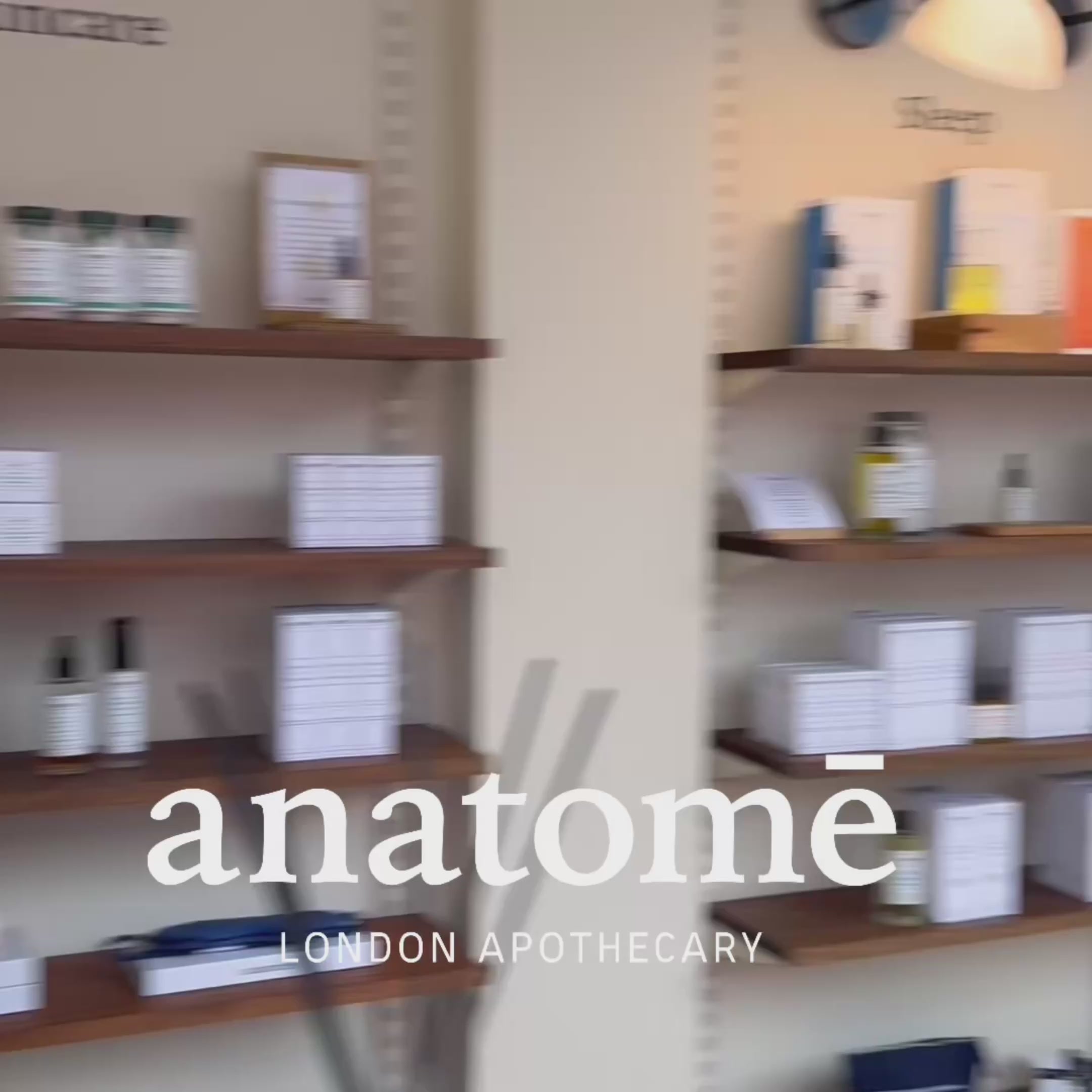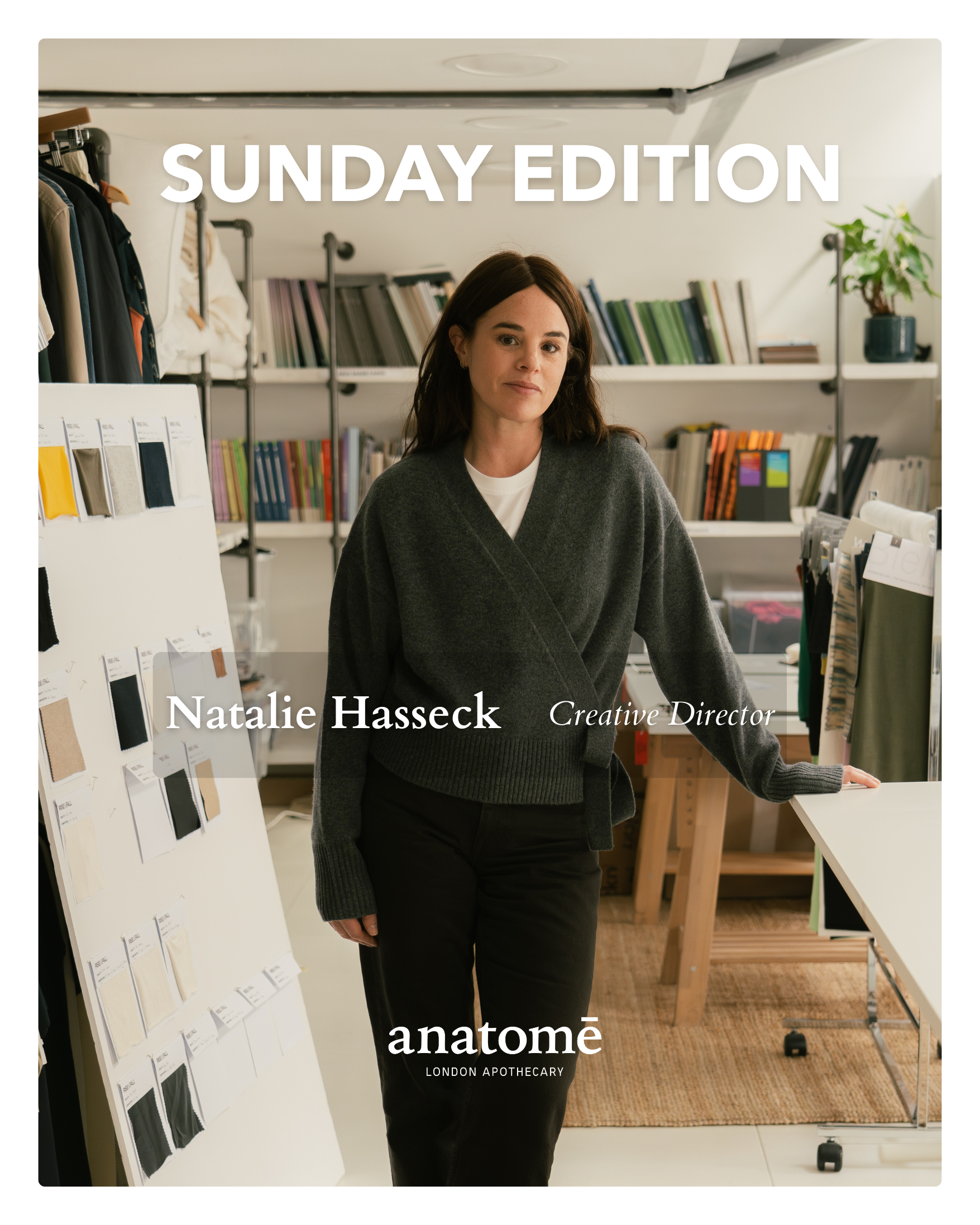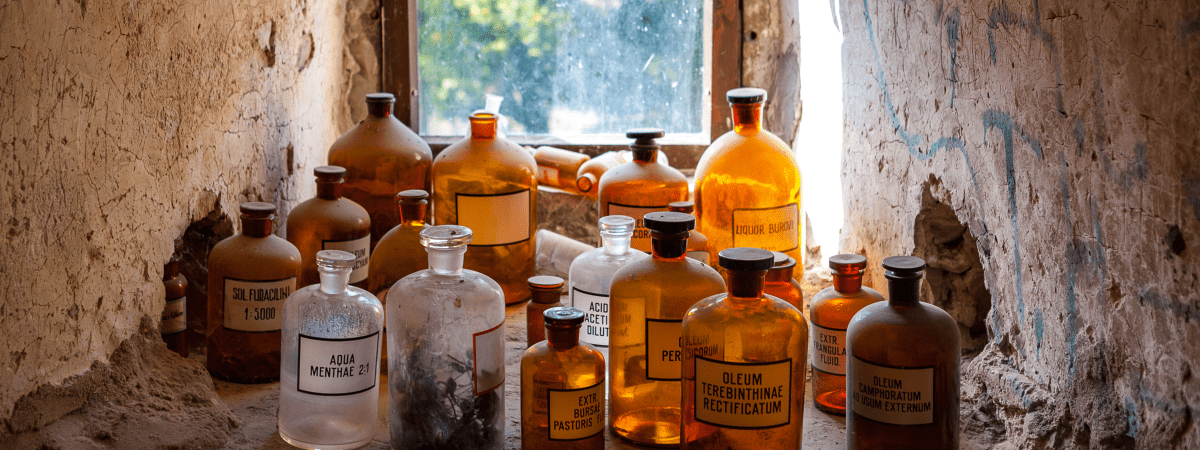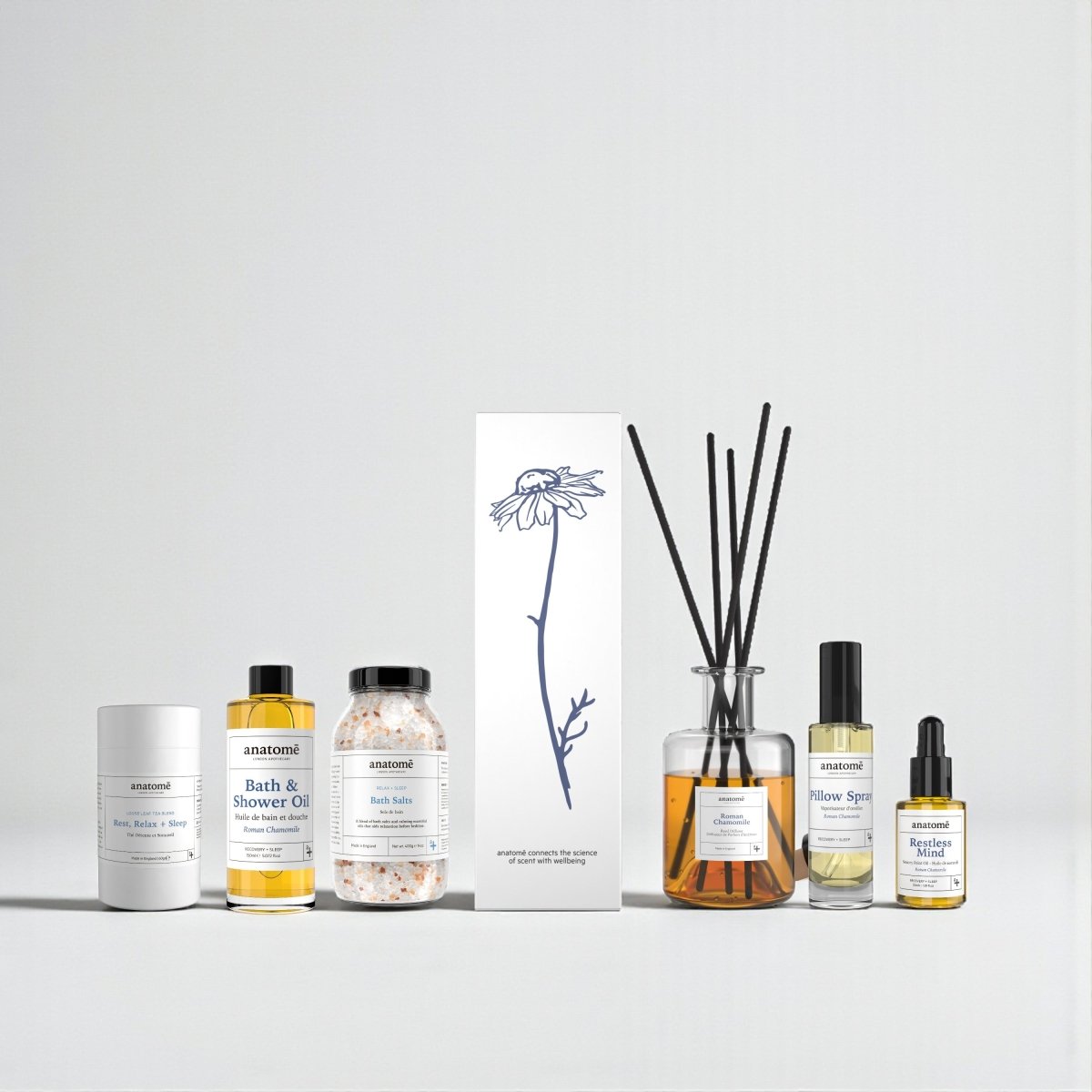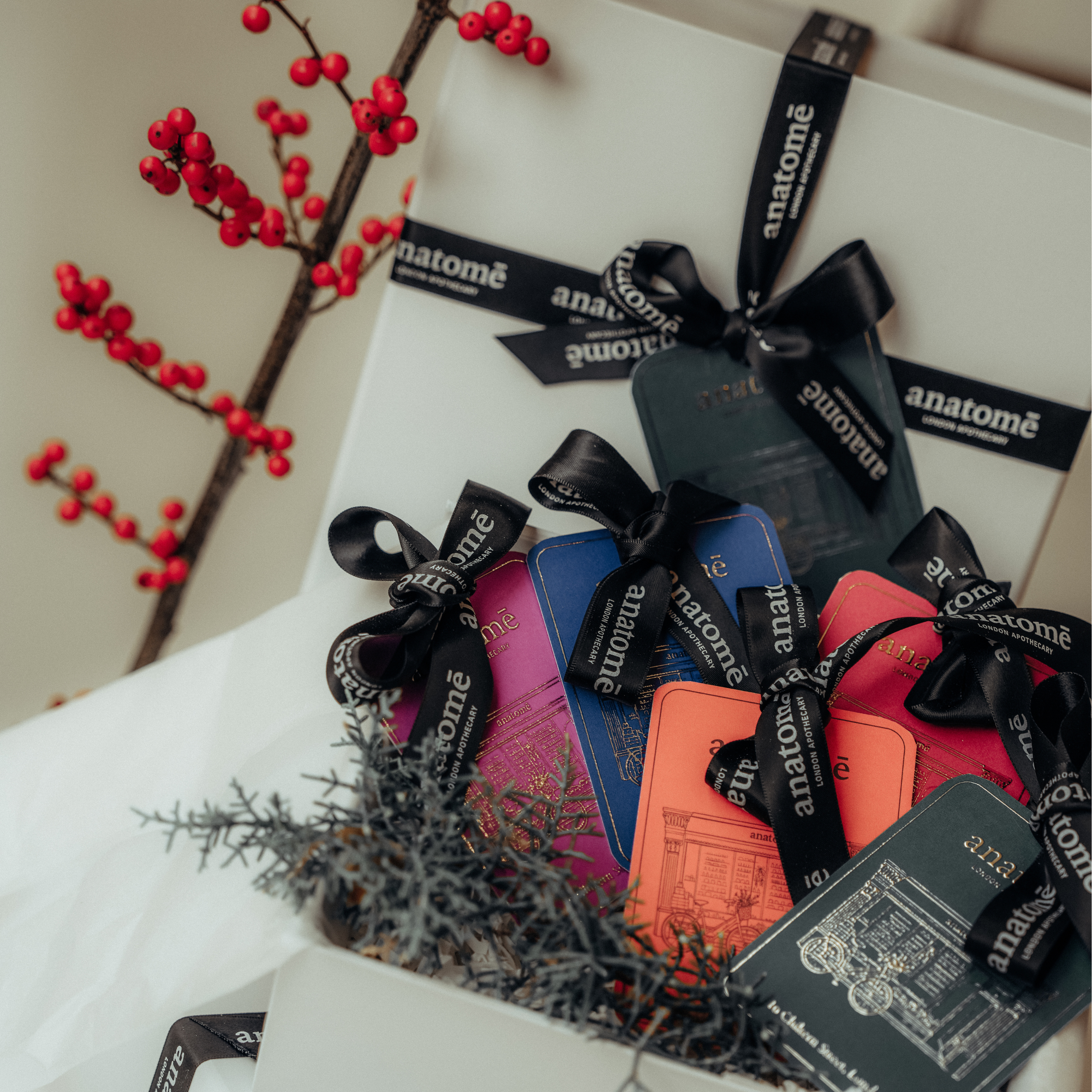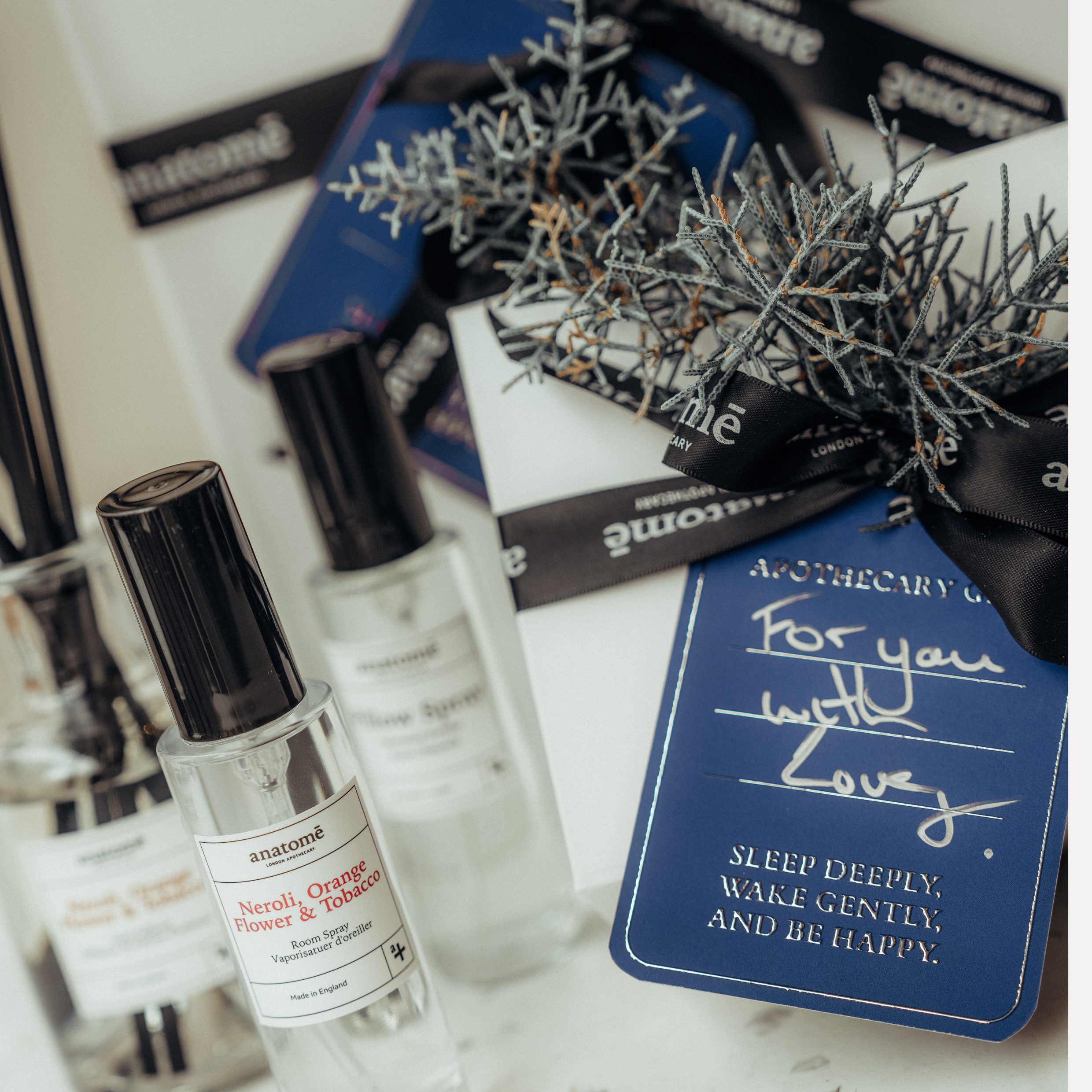A quiet return to the origins of scent — and how anatomē is redefining its purpose for modern life. For most of history, fragrance was not an accessory. It was an ally.
Across cultures, scent played a powerful role in shaping the way we live, think, and feel — used not simply to charm, but to centre, elevate, protect, and prepare.
In Ancient Egypt, oils were blended in temple apothecaries to connect mind and spirit. They were worn in ceremony, in meditation, and in medicine. The Romans burned rosemary before public discourse to sharpen clarity and command. In medieval monasteries and English medicine gardens, sage, peppermint, and chamomile were planted with purpose — for healing, calming, and rebalancing the nervous system.
The Japanese tea ceremony used aromatic botanicals like white tea and hinoki not only for taste, but for presence — an olfactory ritual that invited stillness.
Even 19th-century fencing masters anointed their wrists with bergamot before a match. Napoleon travelled with litres of citrus cologne, worn to stay alert and steady during war. And Victorian doctors prescribed sea air not for leisure, but as a sensory therapy — long before neuroscience caught up.

Fragrance as Function, Not Finish
It’s only recently — in the late 20th century — that we began to see fragrance as something decorative.
A finishing touch. A signature scent. A bottle of identity.
At anatomē, we’ve chosen a different path.
We began by listening to history — to the wisdom of cultures who saw scent as a tool for mental clarity, emotional stability, and spiritual grounding. And then we turned to modern science, where the field of aromachology is proving what ancient apothecaries already knew:
Scent bypasses thought. It reaches the brain’s limbic system — the centre of memory and emotion — within milliseconds. With the right formulation, it can lift focus, soften stress, and recalibrate your state faster than anything else you wear.
Our Journey: Why We Created Six Scents, Not One
We knew from the beginning that fragrance couldn’t be singular.
No one scent could possibly support the full spectrum of your emotional week.
Monday does not feel like Friday.
Being meditative is not the same as being energised.
You don’t wear the same scent to a strategy meeting as you do to unwind after travel.
That’s why we created a system.
Six parfums, each designed to meet a different need — drawn from historical practice, grounded in botanical function, and refined with aromachological precision.
The anatomē Wellbeing Parfums: A Modern Ritual
-
Energy
Citrus oils like lemon, neroli and peppermint — used by athletes, orators, and battlefield leaders — to awaken clarity, focus, and drive. -
Focus
Sandalwood, cardamom, and black pepper — inspired by study rituals, monastic resins, and the contemplative spaces of ancient learning. -
Balance
Rose and saffron — borrowed from Mediterranean therapies that worked with the heart and hormones to restore emotional equilibrium. -
Support
Sage, vetiver, and peppermint — echoing the herbal wisdom of England’s medicine gardens, where plants were cultivated for resilience and immune support. -
Expression
Hinoki and sea moss — modern evolutions of sea-bathing prescriptions from Victorian medicine, designed to slow the breath and soothe adrenal fatigue. -
Order
White tea and hay — minimal, pure, refined. Rooted in the quiet sensory language of the Japanese tea ritual, designed to still the mind and bring rhythm back to the day.
The Return of the Modern Apothecary
Each parfum is created with natural composition — free from synthetic intensity — allowing you to breathe deeply, re-centre, and respond fluidly to whatever the day brings.
These are not signature scents.
They are tools — designed to be selected with the same awareness you bring to what you wear, what you consume, or how you move through your week.
Fragrance, for us, is no longer about identity.
It’s about intention.
Fragrance, Reclaimed
This is the return of scent to its original purpose:
To anchor. To uplift. To restore.
Rooted in the past. Shaped by science.
Created to support not just who you are — but who you wish to be.

